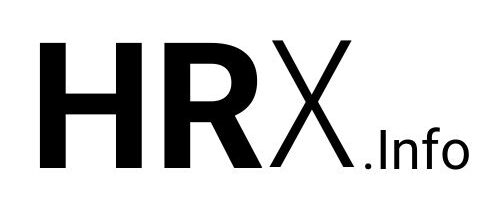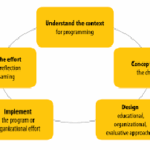Ethical measures refer to structural and cultural initiatives within organizations that are designed to promote ethically responsible behavior. While corporate ethics cannot be directly implemented as a set of operational rules, these measures provide frameworks and conditions that foster ongoing ethical reflection and decision-making.
Purpose and Limitations of Ethical Measures
Corporate ethics is not about prescribing detailed instructions or rigid rules. Instead, it offers orientation knowledge—guiding principles and normative values (the “know-what”) rather than action-specific instructions (the “know-how”). Therefore, ethical measures do not enforce behavior, but rather enable ethical awareness and critical thinking within the organizational context.
This distinction is crucial: ethics is best understood as a continuous process of reflection on justifiable norms and values. Ethical behavior emerges through dialogue and deliberation, not by command.
Foundations of Corporate Ethical Reflection
To support ethical conduct, companies must first become ethically sensitized—developing awareness of moral dilemmas and the importance of normative guidance in decision-making. This includes encouraging employees and managers to reflect on and discuss conflicting values in the workplace.
Such ethical reflection typically falls under corporate ethics and aims to guide behavior in ambiguous or conflicting situations. Effective implementation depends on whether the company creates the right conditions for ethical discourse.
Organizational and Personnel Approaches
Several organizational structures and personnel initiatives can promote ethical awareness and dialogue, including:
-
Ethics committees or boards
-
Codes of conduct and corporate values statements
-
Whistleblower protection programs
-
Training in ethical decision-making
-
Ethics hotlines or advisory services
-
Leadership development with an ethical focus
-
Open communication structures that encourage dialogue across hierarchies
These tools do not impose ethics but institutionalize the space where it can be discussed, questioned, and integrated into everyday decisions.
Dialogue as a Prerequisite
As emphasized by Gilbert (1998, 2003), ethical reflection must be anchored in the existing organizational reality—not imagined in a vacuum. Companies should strive for pragmatic improvements by linking ethical discourse with the current structure and culture, rather than attempting a utopian reset.
Dialogue-enabling structures include:
-
Cross-functional ethics roundtables
-
Regular ethical dilemma discussions during team meetings
-
Feedback systems that allow reflection on ethical aspects of processes
These structures serve as a foundation for continuous ethical learning, rooted in practice, not abstraction.
« Back to Glossary Index






